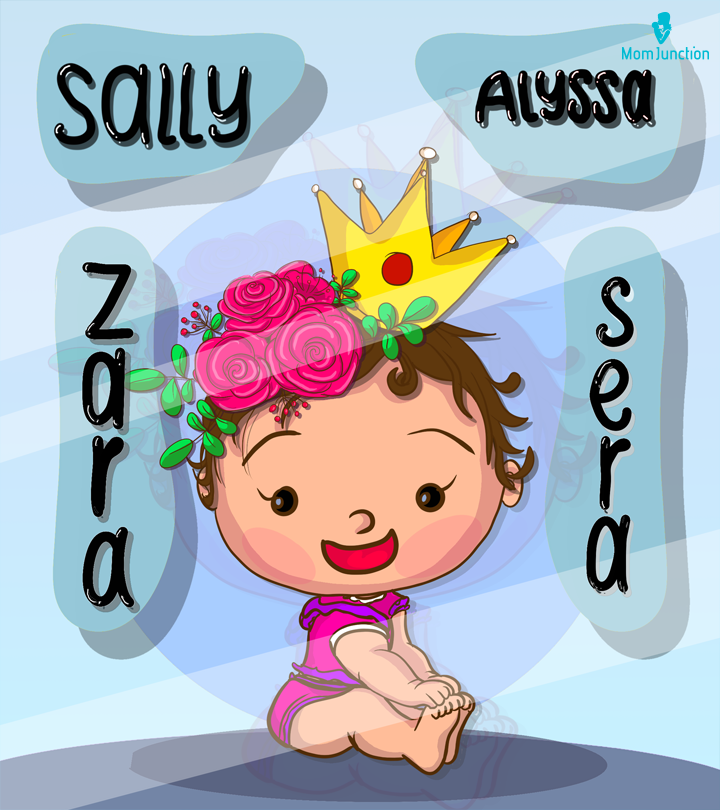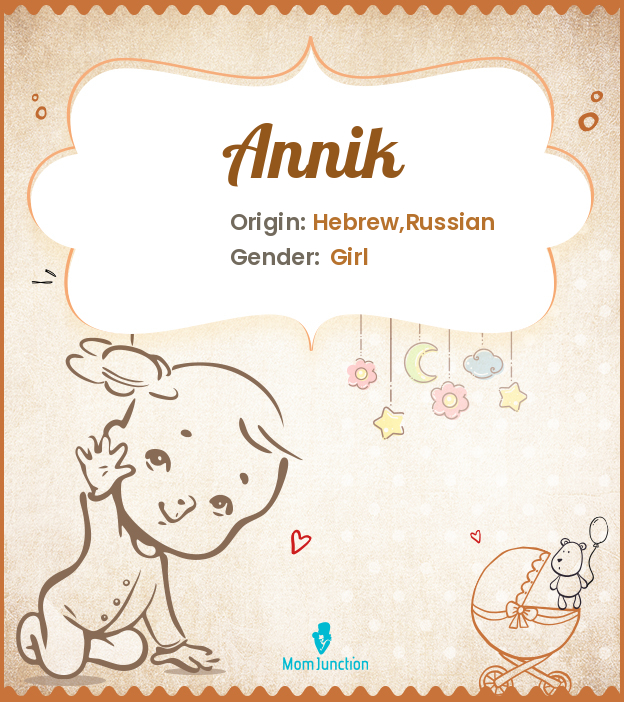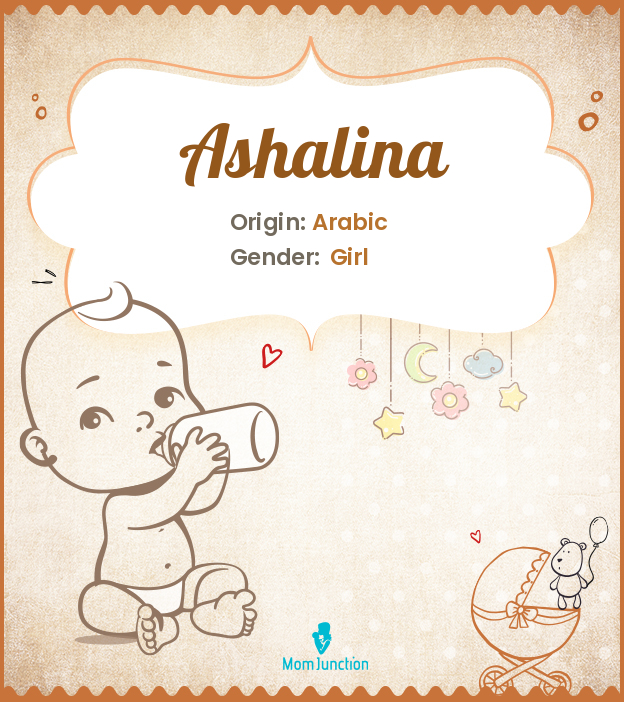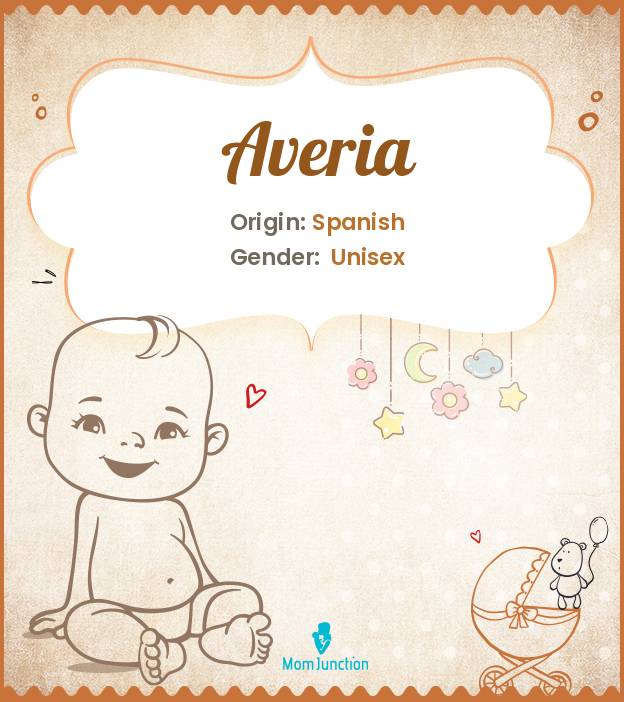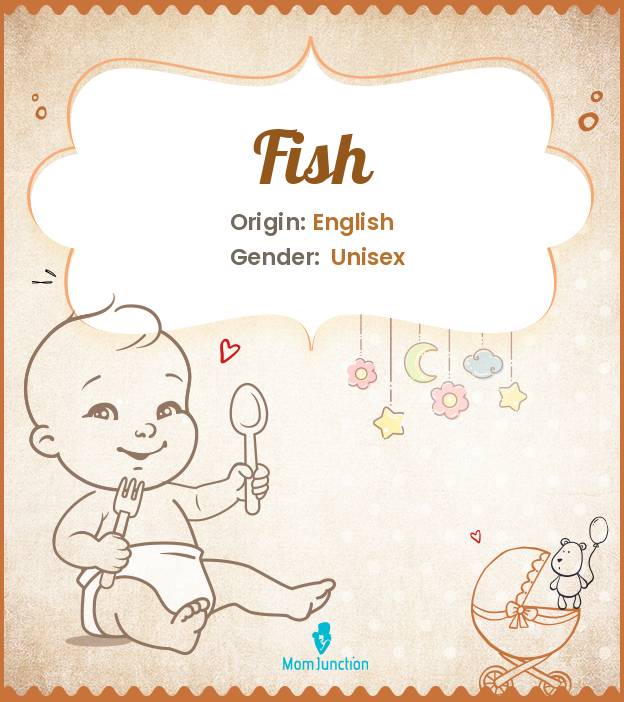
Image: Shutterstock

Finland is a picturesque beautiful European country that takes pride in its interesting surnames. Knowledge about the common Finnish surnames or last names can give you an insight into their unique culture.
Some of these surnames have ethnic origins, while others have patronymic, occupational, or topographic origins. Several of their last names may be adopted or acquired names as well.
Here in this post, we bring you a list of fascinating Finnish surnames with their meanings.
Key Pointers
- Finland is a Scandinavian country known for its dense forest cover.
- Finnish surnames carry a long and rich history and are a perfect way to showcase your love for the country.
- Choosing a Finnish surname for your child can inspire them to learn more about the country and its culture.
- Some popular Finnish surnames include Elo, Heitala, and Kotila.
Cultural And Historical Significance Of Finnish Surnames
Finnish surnames reveal the country’s history, culture, and social customs that go back hundreds of years. Before 1883, all Finnish name records were in Swedish. After Finnish was introduced as the official language, people started using fixed surnames. Before that, a vast majority of surnames were patronyms, with some others being occupational and geographic.
Finnish naming conventions were widely divided between Western and Eastern Finland. While Western Finland adopted flexible surnames that changed every generation, Eastern Finland kept one consistent surname. Patronyms and farm names were common identifiers in the West. Those who kept their Swedish names would add -sson (son) or -dotter (daughter) as suffixes to their father’s name, while those who abided by Finnish conventions added -poika (son) or -tytär (daughter) to the same. Thus, a person could be named Lars Andersson in Swedish and Lauri Antinpoika in Finnish. Farm names acted as habitational surnames until it became impossible to trace back one’s ancestry based on them.
In Eastern Finland, patronyms are not in use. They have three kinds of permanent surnames — Short last names, like Kokko; short geographical names ending in -nen, such as Ahonen; and geographical surnames ending in -lainen or -läinen, such as Hamalainen. Besides these, Finnish surnames include soldier names — temporary surnames given to soldiers for the duration of their service in the army, such as Kämpe (‘fighter’). They also have occupational surnames, some of which end in -la, such as Karjala (‘cattle herd’). Thus, Finnish surnames not only reflect the country’s past and help trace people’s lineage, but they also show the social divisions and hierarchies that form the Finnish identity.
List Of Common Finnish Surnames Or Last Names
1. Aalto
The surname Aalto has an ornamental origin, deriving its name from the Finnish word “Aalto,” meaning “wave.”
2. Aho
The surname Aho originates from the word “Aho,” which either means a “forest clearing” or “glade.” In the 19th century and the early part of the 20th century, Aho is said to have served as an ornamental name in Finland.
3. Ahonen
It is derived from the word “Aho,” which means “glade,” Ahonen is a common Finnish last name meaning, “small glade.”
4. Annala
Annala derives its name from “Anna,” a female birth or personal name along with the “la” suffix.
5. Anttila
Anttila originates from the birth name “Antti” along with the “la” suffix. The surname Anttila has a habitational original representing an individual who either works or resides at a farm called Anttila.
6. Aro
Aro has a toponymic origin derived from the word “Aro,” which either means “wet meadow” or “relatively infertile ground” or “hard.” The surname Aro also has an ornamental origin.
7. Arola
Arola has a habitational origin deriving its name from “Arola,” located in several places in Europe.
8. Autio
Autio has a toponymic origin and derives its name from “Autio,” meaning “abandoned.” Autio thus refers to an abandoned farm or a field that is no longer in use.
9. Couri
A variant of Courie, the Finnish surname Couri has a habitational origin deriving its name from “Courie,” the name of several small places located in France.
10. Elo
It is derived from the word “Elo” meaning, “harvest” or “grain” or “life.” The surname has an ornamental origin.
11. Erkkila
Erkkila has a habitational origin, originating from “Erkkila,” a farm name. Erkkila also derives from “Erkki,” a personal name along with the “la” suffix.
12. Eskola
A surname with a habitational origin, Eskola derives its name from “Eskola,” a farmstead. Esko also derives its name from the birth name “Esko” with the “la” suffix.
13. Haapala
Haapala derives its name from the word “Haapa” meaning, “Aspen” along with the “la” suffix. Haapala has a habitational origin representing individuals who work at or resides at any of the so-named farmsteads.
14. Haataja
An old Finnish family name, Haataja, probably derives its name from “Haataa,” a Finnish dialect word that means “to toil.”
15. Hakala
Hakala has a toponymic origin and derives from the word “Haka,” meaning “paddock” or “pasture.” Hakala is an ornamental name.
16. Halko
Halko derives from the word “Halko,” which means “split log” or a “piece of wood.” Halko thus has an occupational origin referring to a wood-cutter.
17. Halla
Halla has a toponymic origin, deriving itself from “Halla,” meaning “Frost” or “fallow field.” Halla also has an ornamental origin, since it was adopted by many individuals (Finns).
18. Halonen
Halonen comes from “Hali” a birth or personal name along with “nen,” a common surname suffix.
19. Hamalainen
Hamalainen has a regional origin representing individuals from Hame province, situated in central Finland.
20. Hanninen
A common Finnish surname, Hanninen possibly derives from “Johannes,” a German personal name along with the “nen” surname suffix.
 Did you know?
Did you know?21. Hannula
Hannula derives its name from “Hannu,” a derivative of the German personal name Johannes, and “la” suffix). Hannula is also said to have been the name of several farmsteads, thus making the name toponymic as well.
22. Harju
The surname Harju originates from the word “Harju” meaning “a ridge.” The name has a toponymic origin referring to those who lived on a ridge, like the one along a river.
23. Hautala
The surname Hautala originates from the word “Hauta” meaning, “pit” along with the “la” suffix. Hautala may have been the name of a farmstead with storage pit, charcoal-burning pit, or cooking-pit.
24. Heikkila
The surname Heikkila derives its name from “Heikki,” a personal name derived from the German name Heinrich, along with the suffix “la.” Heikkila is often used to address an individual from a household that is headed by any person named Heikki.
25. Heikkinen
A common Finnish surname, Heikkinen originates from the personal name “Heikki” combined with the suffix “nen.”
26. Heino
It comes from the Finnish word “heina” meaning, “hay.” The name may have been an ornamental one.
27. Heitala
The surname Hietala originates from the Finnish word “hieta” meaning, “sand” combined with the suffix “la.” The surname would also have been the name of several farmsteads with sandy grounds.
28. Hiltunen
Hiltunen originates from the Old German word “hild,” which means “strife” or “battle.” This word is combined with the suffix “nen” to form the surname.
29. Honkala
Honkala has an ornamental origin, and is derived from the Finnish word “honka,” which means “pine tree.”
30. Huhta
The surname comes from the Finnish word “Huhta” meaning, “forest clearing” or “glade.” The surname thus has a toponymic origin.
31. Jarvela
Jarvela has a toponymic origin and derives from the Finnish word “jarvi,” meaning “lake” combined with the “la” suffix.
32. Jarvi
It comes from the Finnish word “jarvi” meaning a “lake.” The name is a toponymic one referring to a people living along the lake. The surname may also have been an ornamental one, adopted by a group of people.
33. Jokela
The surname Jokela originates from the Finnish word “joki,” which means a “river.” The name is a toponymic one referring to those who lived along a river.
34. Jokinen
The surname Jokinen is a variant of the personal name “Joki” which means “river.” Also, Jokinen may have been adopted by those who were associated or worked for the “Jokela” family.
35. Juntunen
Juntunen is a short form of the birth name “Juntto” or “Juntti,” along with the suffix “nen.”
36. Kallio
Kallio has a toponymic origin and is derived from the Finnish word “kallio,” which means “rock.” The surname may have been also an ornamental one.
37. Kangas
Kangas comes from the Finnish word “Kangas” meaning “fabric” or “cloth.” The name may have been an occupational one referring to a family of textile merchants or garment makers.
38. Kantola
Kantola originates from the Finnish word “Kanto” meaning a “stump.” The name either has a toponymic origin or an occupational one.
39. Kari
Kari derives its name from the word “Kari” which means, “sandbar,” “small island,” or “stony rapids.” The surname has a toponymic as well as ornamental origin.
40. Karjala
Karjala originates from the Finnish word “Karja” meaning, “cattle.” The name is an occupational one referring to those who originally worked as cattle farmers or herdsmen.
41. Kauppi
Kauppi is a variation of the name “Jakaupr,” which is derived from the personal name “Jacob.”
42. Kemppainen
The Finnish surname probably comes from the Swedish word “kampe,” meaning a “warrior” or a “soldier.”
43. Keranen
Keranen probably derives from the Finnish word “Kerapaa,” which was likely a nickname given to an individual with small cropped hair or one with a round head.
44. Keto
Keto has its origin from the Finnish word “Keto,” meaning a “grassy field” or a “meadow.” The surname most likely has a toponymic origin or would have referred to a farmstead.
45. Ketola
It is a toponymic surname derived from the Finnish word “keto” meaning “meadow” or “field.”
46. Kilpela
Kilpela comes from the Finnish word “kilpi,” which means “shield,” along with the “la” suffix.
47. Kinnunen
It likely comes from the Swedish word “skinn” which means “pelt” or “hide.” The name is likely to have been an occupational one.
48. Kivela
The surname derives from the Finnish word “kivi” meaning “stone.” The name would have been originally that of farmsteads.
49. Kivi
It comes from the Finnish word “kivi” meaning “stone” or “pebble.” The name would have been a toponymic one.
50. Koivisto
Koivisto derives from the Finnish word “koivu,” which means “birch tree.” The name is a toponymic one referring to those who lived along a birch tree forest.
51. Kokko
Kokko has its origin in the Finnish word “kotka,” meaning “eagle.”
52. Korhonen
Korhonen originates from “Korho,” a nickname that means “deaf person.” Korhonen may have been originally indicative of someone clumsy or an individual who stays aloof.
53. Korpela
Korpela derives from the Finnish word “Korpi,” which means a “remote forest.” Korpela possibly has a toponymic origin.
54. Koskela
It is a toponymic surname that comes from the Finnish word “koski” meaning “rapids” or “waterfall.”
55. Kotila
The surname Kotila derives from “koti,” a Finnish word meaning “home.” The name would have been a habitational one deriving from the name of a farmstead.
56. Kujala
The surname Kujala derives from the Finnish word “kuja” meaning, “lane” or “alley.” Kujala has a toponymic origin and would have been indicative of a house or farm situated by the lanes or alley.
57. Kumpula
Kumpula originates from the Finnish word “kumpu,” meaning “grassy mound,” along with the surname suffix “la.”
58. Kurtti
Kurtti derives from “Kurtti,” a Finnish personal name, which itself comes from the Germanic word “Kurt.”
59. Kuusisto
It derives from the Finnish word “kuusi,” which means, “spruce.” Kuusisto has a toponymic origin.
60. Kyllo
The surname Kyllo derives from the Finnish word “kylla,” which means “yes.” The name is likely to have been an ornamental one.
61. Laakso
It comes from the Finnish word “laakso” meaning a “valley.” The name is a toponymic one referring to those who lived in or along a valley.
62. Lahti
The name comes from the Finnish word “lahti” meaning a “bay” or a “cove.” Lahti is likely a toponymic name or may also have an ornamental origin.
63. Laine
It comes from the Finnish word “laine” meaning a “wave.” Laine is either is a toponymic name or an ornamental one.
64. Laitinen
Laitinen derives from “Laiti,” a Germanic personal name combined with the “nen” surname suffix.
65. Lampi
Lampi derives from the Finnish word “lampi,” meaning “pond.” The name is a toponymic one.
66. Lampo
It is a variant of the name Lampi. Another likely origin of the surname is the word “Alampo,” derived from “Eulampios” a Greek personal name, which means “most splendid.”
67. Lassila
Lassila derives from “Lasse,” a Swedish personal name combined with the “la” suffix. Lassila means “Lasse’s place.”
68. Lauri
Lauri derives from “Lauri,” a personal name derived from the Latin personal name “Laurentius.”
69. Lehtinen
Lehtinen has its origin in “Lehti,” a Finnish word meaning “leaf.” The name is likely an adopted surname or ornamental name.
70. Lehto
Lehto derives from the Finnish word “Lehto,” meaning “grove.” The name has a toponymic origin and referred to those who lived along a grove or an orchard.
71. Leino
The surname Leino is likely derived from the Finnish adjectives “leini,” “leina,” or “leino,” which means “sad” or “weak.” The name is likely to have been an ornamental one.
72. Lepisto
Lepisto comes from the Finnish word “Leppa,” which means “alder tree.” It is likely a toponymic Finnish surname.
73. Leppanen
Lappanen also comes from “Leppa,” meaning “alder tree” in Finnish. The name would have originally referred to those who lived at a farmstead with the said name or those who lived along an alder tree forest.
74. Linna
It is the Finnish word for “castle.” It may have originally referred to those who worked in a castle or lived near a castle.
75. Luoma
It comes from the Finnish word “luomi,” which means a “mole” or “reddish mark on the face.” The name may have been a nickname and later transformed into a surname.
76. Maijala
Maijala derives from the Finnish word “Maja,” meaning “hut ” or “cottage.”
77. Makela
Makela is a toponymic name that originates from the Finnish word “maki,” meaning “hill.”
78. Maki
It is the Finnish word for a “hill.” The name is a toponymic one or an adopted ornamental name.
79. Manner
It is the Finnish word for “mainland” or “continent.” The name is likely to have been an ornamental one.
80. Manni
It is an adopted surname and likely has its origin in the Icelandic word “Manni,” which means “Man.”
 Did you Know?
Did you Know?81. Nieminen
Nieminen is a toponymic surname that derives from “Niemi,” a Finnish word meaning “peninsula.”
82. Nikula
Nikula has its origin from “Niku,” a Finnish personal name, which is itself derived from the name Nicholas.
83. Nurmi
It is the Finnish word for “pasture” or “grassland.” The name could be toponymic, occupational, or ornamental.
84. Oja
This toponymic surname comes from the Finnish word “oja” meaning a “dike” or a “ditch.”
85. Partanen
Partanen was originally a nickname derived from “parta,” a Finnish word meaning “beard.”
86. Peura
Peura is a toponymic surname derived from “Puro,” a Finnish word that means “stream” or a “creek.”
87. Pietila
It is derived from the Finnish personal name “Pieti,” which is a derivative of the personal name “Peter.”
88. Ranta
It is derived from the Finnish word “ranta” meaning, “shore” or a “beach.” The name likely has a toponymic origin.
89. Rautio
Rautio has an occupational origin, and means “smith” in Finnish.
90. Rinnie
It is derived from the Finnish word “Rinne,” which means “slope” or “hillside.” Rinnie has a toponymic as well as an ornamental origin.
91. Ruona
Ruona has a toponymic origin deriving from “ruona,” meaning “alluvial land” or “creek.” The surname is also a diminutive of other similar surnames such as Ruonala, Ruonakangas, and Ruonakoski.
92. Saari
It is the Finnish word for “island.” Saari is a toponymic surname referring to those who originally lived on an island.
93. Saksa
Saksa derives from “Sachs,” a Germanic word meaning “Saxon.” Saksa likely has an ethnic origin referring to the German traders.
94. Salo
It is a toponymic surname that comes from the Finnish word “salo,” meaning “forested wilderness.”
95. Seppanen
Seppanen originates from “seppa,” which means “smith” in Finnish. The name is thus an occupational one.
96. Takala
The surname derives from the Finnish word “taka,” meaning “behind,” “back,” or “rear.” Takala has a toponymic origin, indicative of a distant or faraway farm location.
97. Toivonen
It is derived from the Finnish word “toivo” meaning “hope.” Toivonen is likely an ornamental surname.
98. Tuomala
Tuomala is an ornamental name, which is a combination of the personal name “Tuomas,” a variation of Thomas, and the suffix “la.”
99. Vanhanen
Vanhanen derives from “Vanha,” a Finnish word meaning “old.”
100. Vitta
It is derived from the Old German word “vitu” meaning “forest.” Vitta is likely to have been a toponymic surname.
Discover More Names
When you have to choose a name for your baby, a few hundreds of names may not be just enough. Keep digging our mine of baby names until you find that one precious gem.
Frequently Asked Questions
1. What is the origin of common Finnish surnames?
The origins of several surnames in Finland come from neighboring nations, including Russia, Denmark, Norway, and Sweden.
2. What is the typical structure of a Finnish surname?
The suffixes “nen” and “la” are two that are commonly used in Finnish surnames. The suffix “nen” is used for topographic names, while “la” is used for occupational names.
3. Do Finns have middle names?
Finns do have a middle name, but it is out of choice and is not a part of any naming tradition. Middle names are often names that honor family members or incorporate their heritage.
4. Are Finnish surnames gender-specific?
Finnish surnames are not gender-specific or even linked to any gender. These surnames are mostly traditional family names or names based on occupations, locations, or other factors.
5. How do Finnish surnames differ from surnames in other Nordic countries?
Finnish surnames are mostly derived from family names, occupations, or locations; however, last names in other Nordic countries like Sweden or Norway often symbolize patronymic naming conventions. Swedish and Norwegian surnames are based on the father’s first name with the addition of ‘-son’ or ‘-sen’ for males and ‘-dotter’ or ‘-datter’ for females.
6. Are Finnish surnames unique to Finland or are they also found in other countries?
Finnish surnames are mostly unique to Finland as they reflect the country’s language, culture, and history. Due to historical connections or migration, there may be Finnish last names with variations or similar-sounding names in neighboring countries or regions, but they are still unique to Finland.
7. Are there any famous people with Finnish surnames?
Notable Finnish nationals include Linus Torvalds (creator of the Linux operating system), Tarja Halonen (former President of Finland), and Kimi Räikkönen (Formula One racing driver). These individuals are known to have achieved international recognition and brought attention to their Finnish heritage through their accomplishments.
Finnish surnames are known to have been derived from the different locations and farmsteads across the country. Names such as Arola, Halla, and Jarvi are topographic names based on different locations, whereas Erkkila, Autio, and Eskola are farm-derived names. With these most common Finnish surnames or last names, you can get insight into the country’s exciting naming system and their origins that trace back to the Old German, Swedish and German languages.
Infographic: Finnish Surnames
Just like other cultures and places, the surnames in Finland are derived from occupation, family name, and place. But one of the unique facts about Finnish names is the suffix “-nen.” It covers a major range of their surnames. Let’s look at the infographic below to learn about some of these surnames with their origin and meaning.
Some thing wrong with infographic shortcode. please verify shortcode syntax
Illustration: Common Finnish Surnames Or Last Names With Meanings
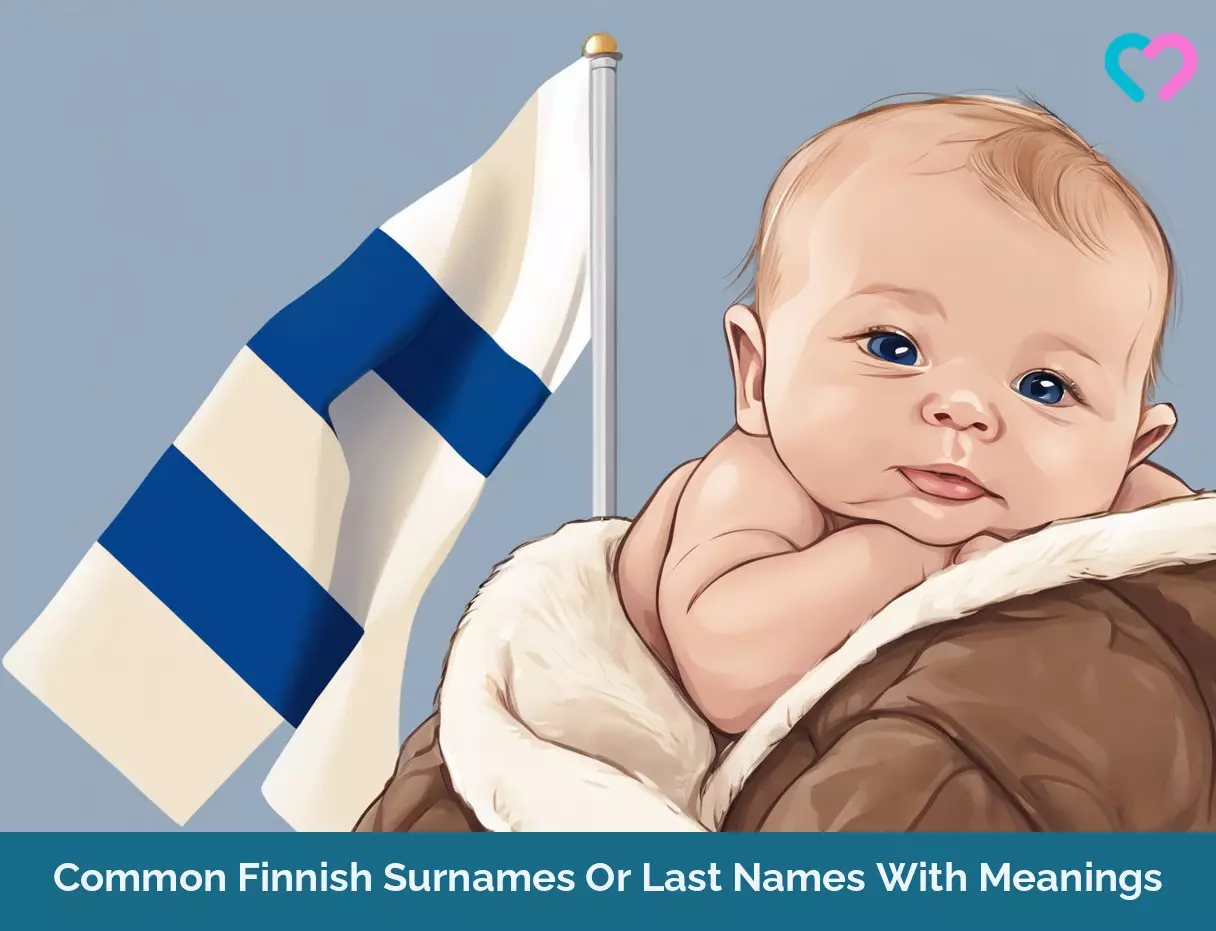
Image: Stable Diffusion/MomJunction Design Team
Community Experiences
Join the conversation and become a part of our nurturing community! Share your stories, experiences, and insights to connect with fellow parents.
Read full bio of Madhurima Biswas
Read full bio of Shikha Thakur
Read full bio of Angela Alex









